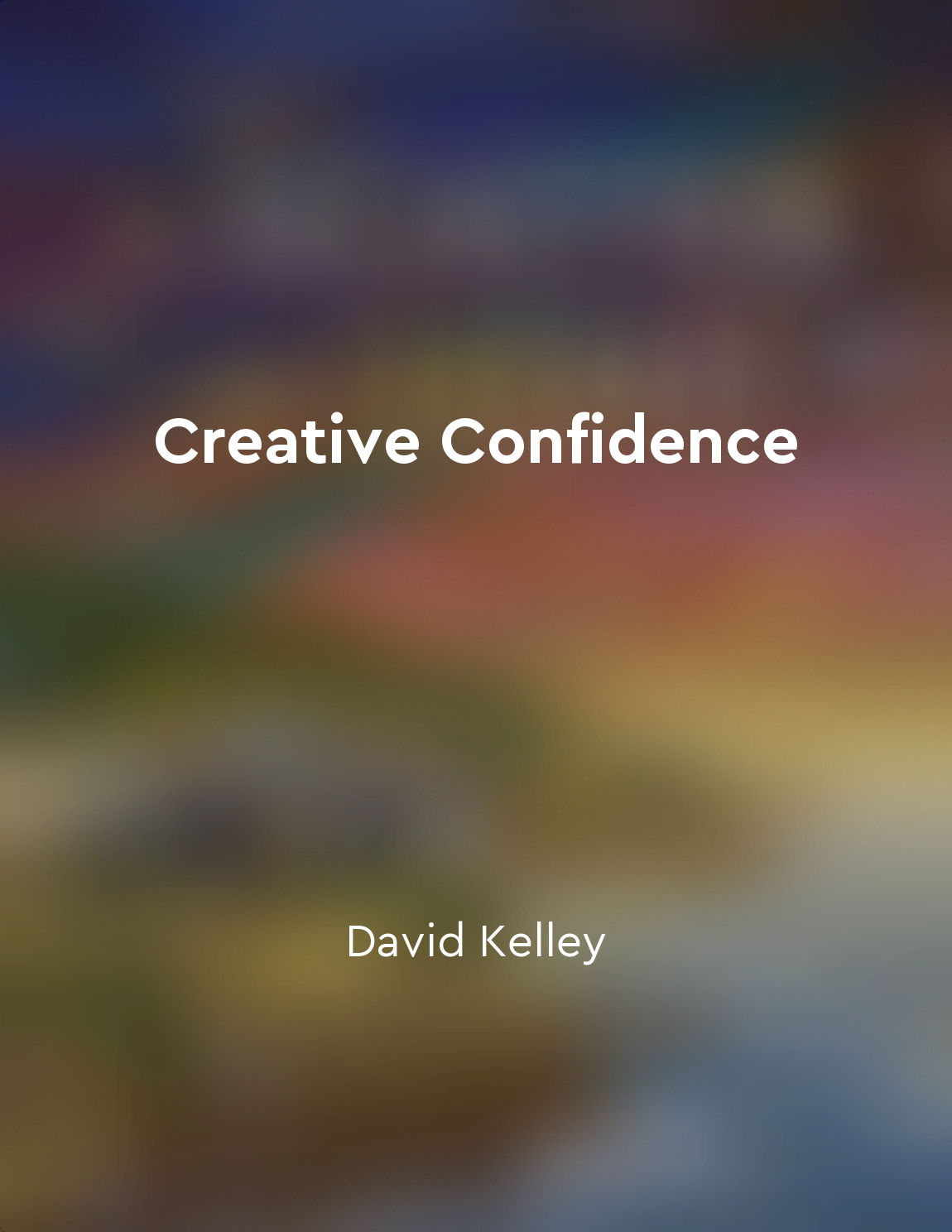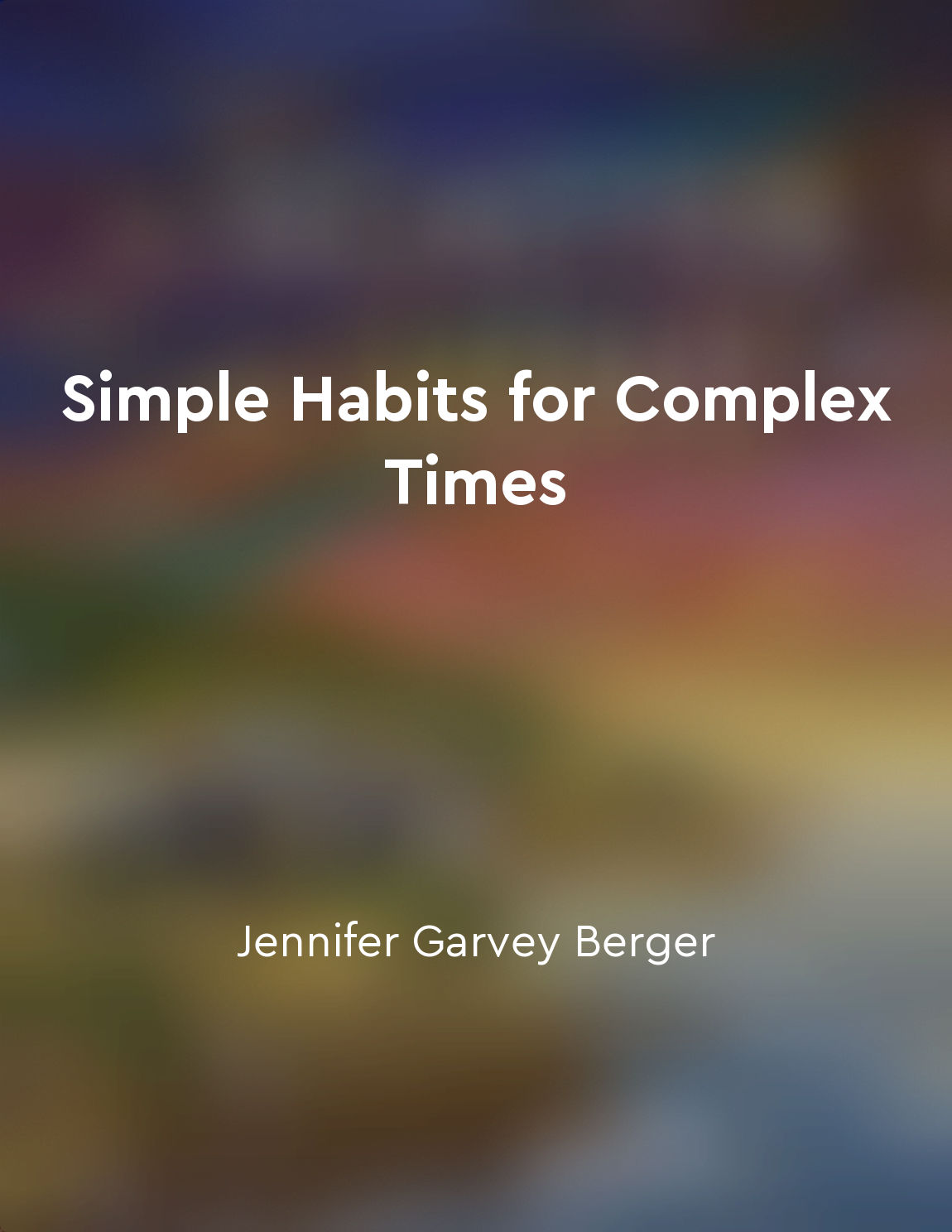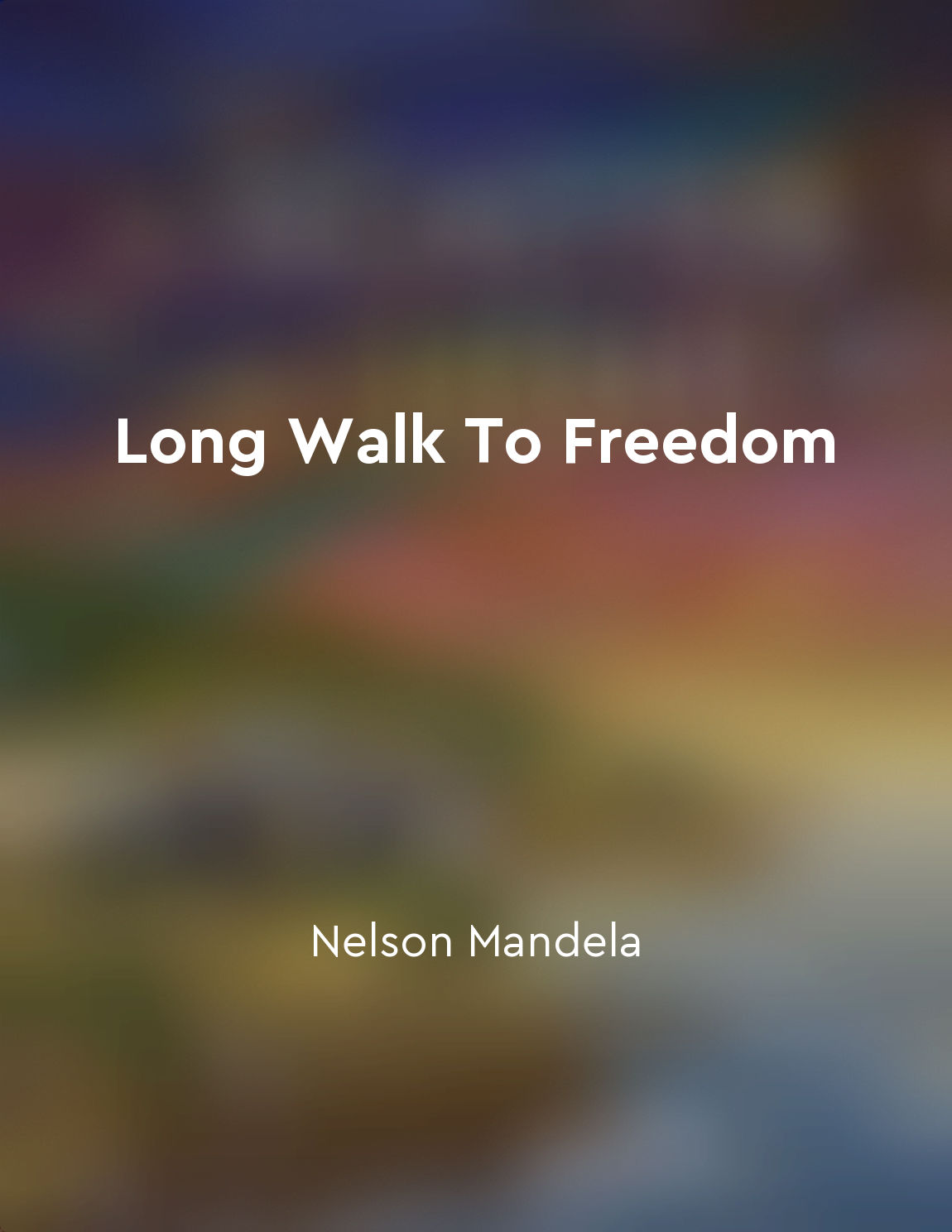Audio available in app
Empathy drives effective development work from "summary" of From Poverty to Power by Duncan Green
Understanding the experiences, perspectives, and needs of others is critical in ensuring the success of development work. Empathy allows us to put ourselves in the shoes of those we seek to help, enabling us to better comprehend their challenges and aspirations. This understanding forms the foundation for effective development interventions that are truly responsive to the needs of communities. When we approach development work with empathy, we move away from a top-down, prescriptive approach towards a more inclusive and participatory one. By actively listening to the voices of those affected by poverty and injustice, we can co-create solutions that are tailored to their specific contexts and realities. This not only leads to more sustainable outcomes but also empowers communities to take ownership of their own development processes. Empathy also plays a crucial role in building trust and relationships with the individuals and communities we work with. By demonstrating a genuine understanding and respect for their perspectives, we can foster partnerships based on mutual respect and collaboration. This relational approach is key to building solidarity and collective action towards addressing complex development challenges. Furthermore, empathy helps us to recognize the inherent dignity and worth of every individual, regardless of their socio-economic status. This recognition forms the basis of a rights-based approach to development, where the focus is on empowering people to claim their rights and hold duty-bearers accountable. By centering our work on the principles of justice and equality, we can work towards creating a more just and equitable world for all.- Empathy is not just a soft skill but a fundamental principle that underpins effective development practice. It allows us to move beyond a technocratic and instrumentalist approach towards a more human-centered and holistic one. By embracing empathy in our work, we can truly make a difference in the lives of those living in poverty and marginalization.
Similar Posts

Set healthy boundaries
Setting healthy boundaries is a crucial aspect of maintaining our well-being and protecting our emotional health. It involves r...

Connecting with others enhances creative thinking
When we engage with others, our thinking expands. We are exposed to different perspectives, ideas, and experiences that can spa...
A South African woman struggles with mental illness
The story unfolds amidst the oppressive political climate of apartheid South Africa, where power dynamics are not only evident ...
Building trust is essential for societal advancement
Building trust is not just a nice-to-have feature in society; it is an essential element for progress and advancement. Trust fo...

Practice active listening
Active listening is a powerful tool for enhancing our understanding of complex situations. It involves truly paying attention t...
Empathy allows us to see beyond differences and connect on a deeper level
Empathy is a powerful tool that enables us to connect with others on a profound level. It allows us to look beyond the surface ...

Empowering marginalized communities
In our struggle for freedom, the empowerment of marginalized communities was a central tenet of our approach. As we fought agai...
Empathy bridges the gap between individuals
Empathy, as a fundamental component of Nonviolent Communication, plays a crucial role in fostering connection and understanding...

